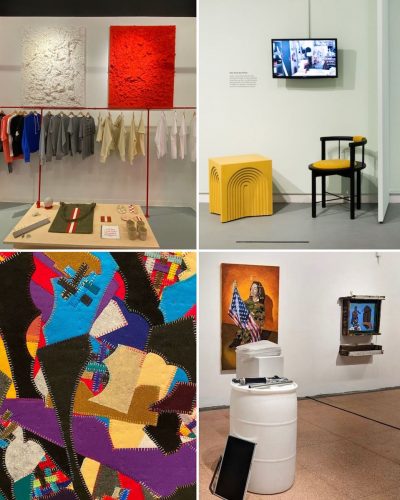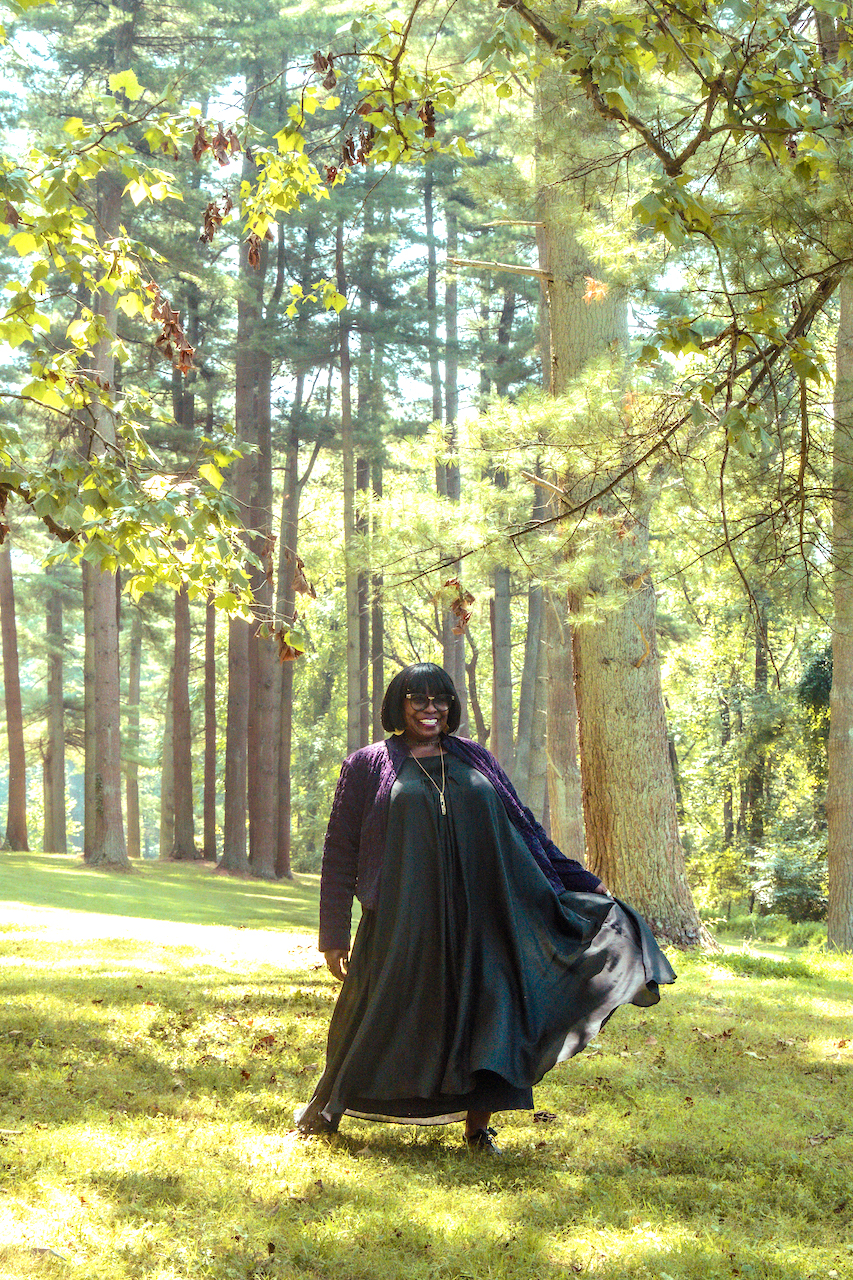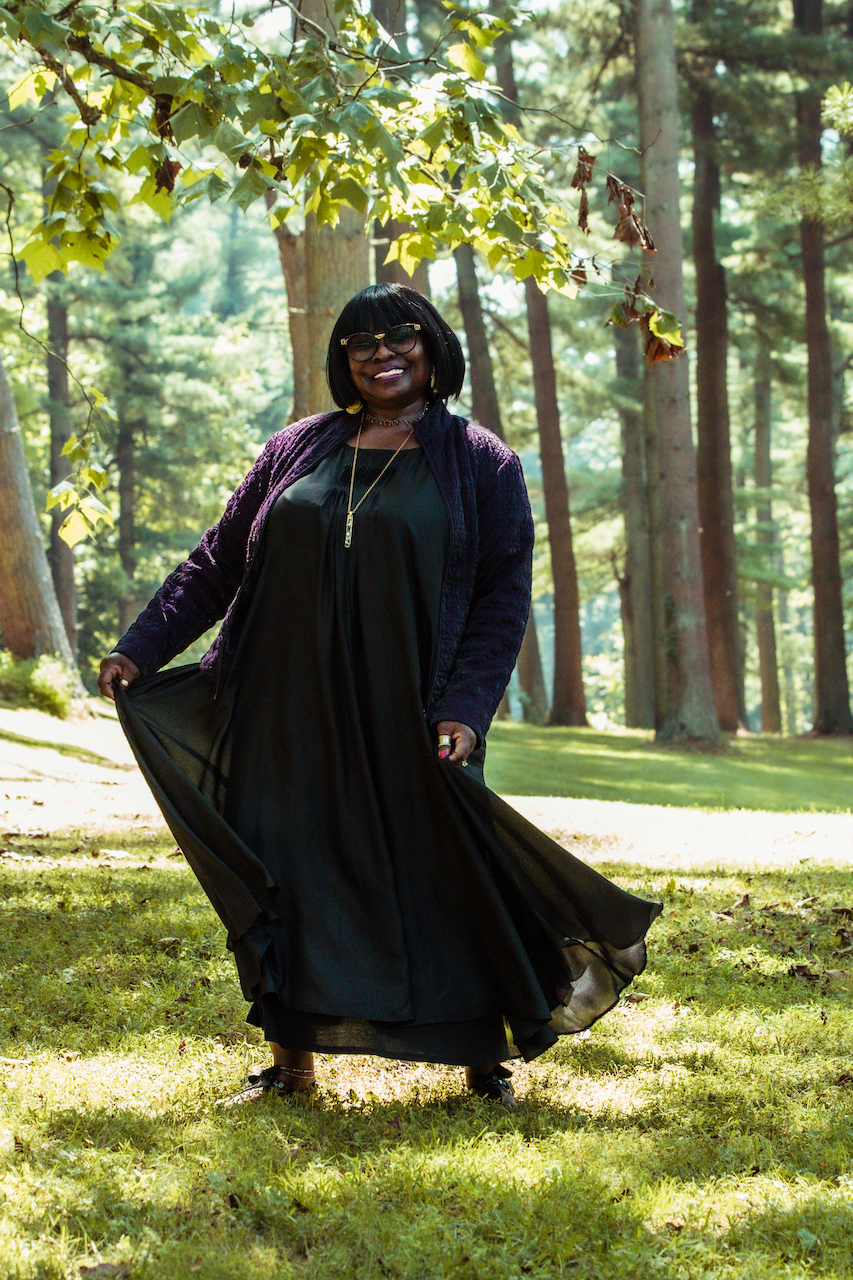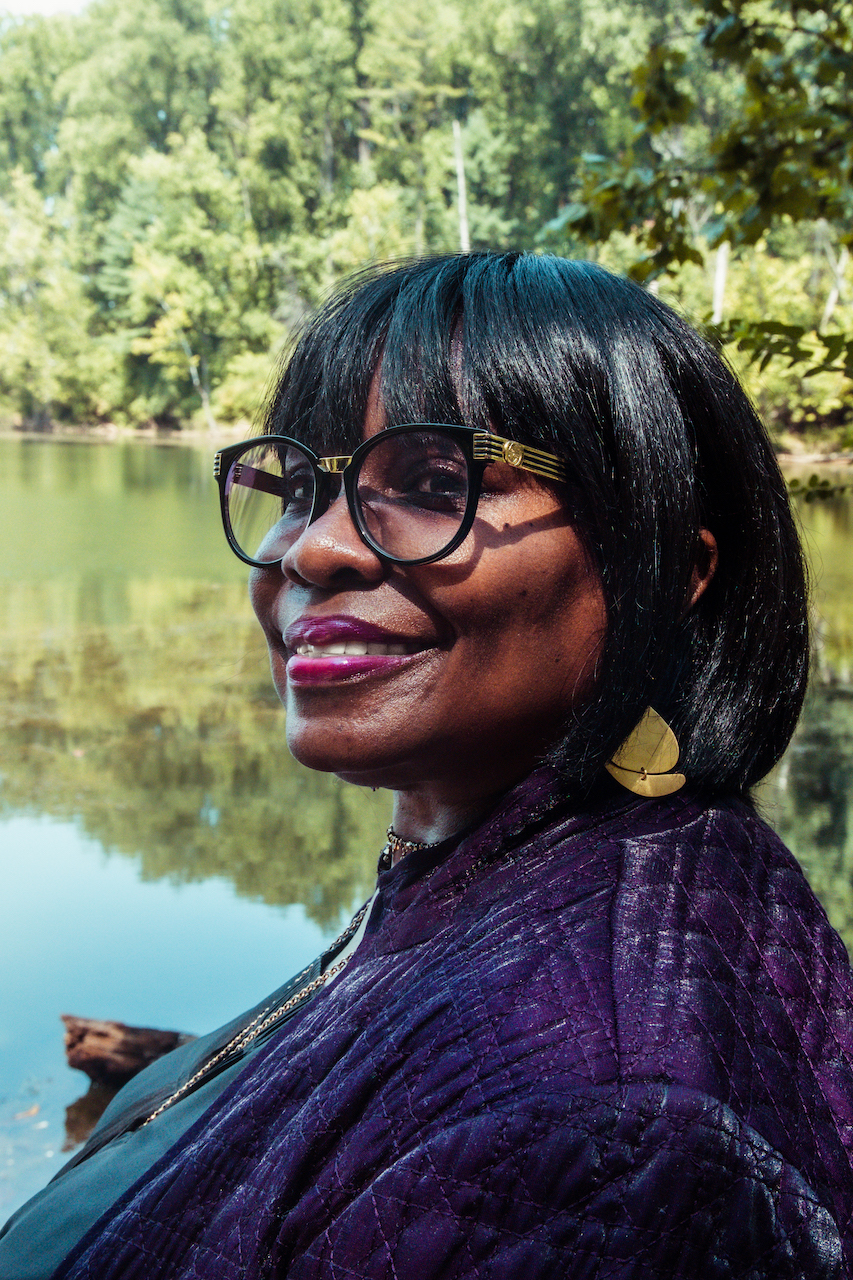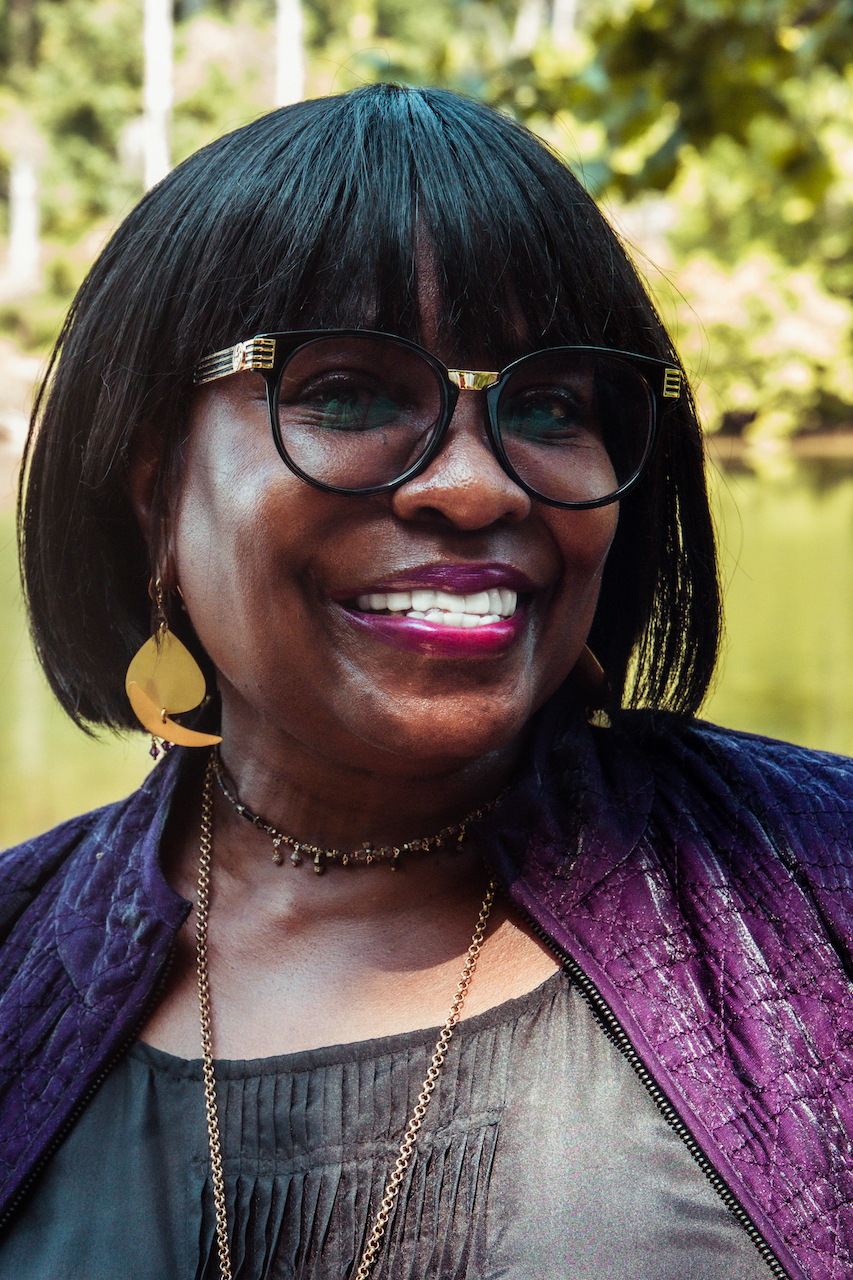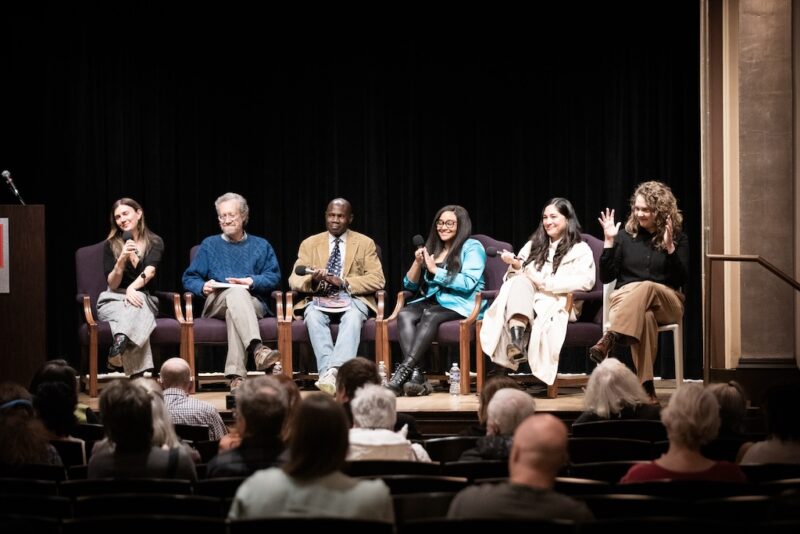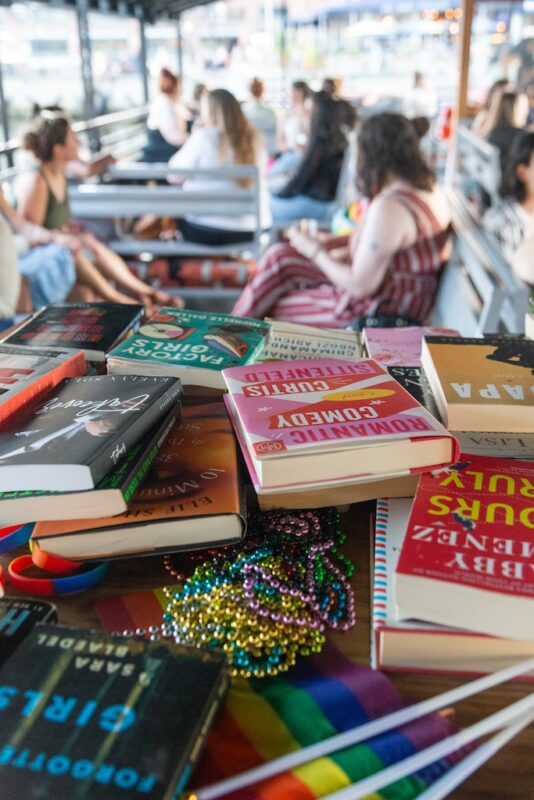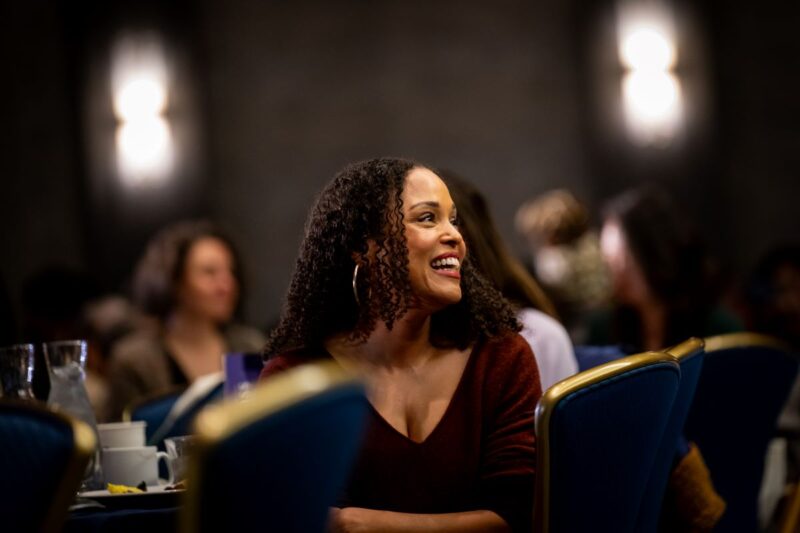CityLit also helped found the first-ever Scribente Maternum retreat, an annual fall residency for writers who are mothers. While virtual in its infancy, this retreat has already connected 43 women writers all over the nation, further building upon both their community and craft. A “you deserve to be here” fund was also created, for writers to donate and help those who otherwise would not have been able to attend.
Today, Du Pree’s writing life is nurtured not only by working with and for other writers but also by attending writing residencies, including Hedgebrook, Rhode Island Writers of Color Colony, and the Virginia Center for the Creative Arts. These retreats have been pivotal to Du Pree’s growth as a writer, helping her build community, affirm her writing gift, and produce work alongside other artists of all disciplines. Du Pree believes that higher investment in artists’ retreats is crucial and that more can be done to nurture Maryland’s artists.
Lack of philanthropic support for artists’ retreats troubles Du Pree into asking serious questions, challenging the paradigm of the “starving artist.” Du Pree asks, “Why can’t we invest more heavily in artists’ retreats in such a way that if an artist took three weeks off from their paying job to nurture their talent, they would still get paid, have adequate health and child care?”
These long-held concerns led Du Pree to deepen her understanding and commitment to artists in this state by accepting an invitation in 2012 to join the Maryland State Arts Council (MSAC). Her time as chair of the MSAC Diversity Outreach Committee was pivotal to her journey as an arts advocate. During and beyond this time, she has continued to create spaces that highlight and support artists of marginalized communities by establishing equitable grant-making policies and weaving diversity, equity, and inclusion policies into the fabric of MSAC’s work.
Fortunately, Du Pree’s 11-year-old knees on the carpet of that New Jersey library left an indelible scar on her creative psyche. She used that early confrontation with the need for representation to catapult her into a career that serves her creative community. Creating abundance for artists throughout Maryland—despite a pandemic and other systemic barriers—has allowed Du Pree to mold lack into plenitude. “When you have art in your life,” she says, “you are continuously awakening to what’s possible.”
*****
The 2022 CityLit Festival is ongoing through the month of March. Check out BmoreArt’s preview of the hybrid festival’s events and programs, which includes a full day, in-person, at the Enoch Pratt Free Library’s Central Branch on Saturday, March 12. For more info on the events, go to CityLit’s website.
